Somewhat of an homage to Dreyer and Babette’s Feast, “Godland” is a lyrical meditation on faith, identity, and the human condition. Set in 19th century Iceland, the film follows a young Danish priest as he journeys to a remote village to establish a church and spread Christianity among the (grumpy) local population.
Filmed in a classic 1.33.1 aspect ratio (dp: Maria von Hausswolff) with a vivid color palette and added vintage overlay, the film depicts the stark beauty of Iceland’s rugged landscape. „Godland” is a movie of silent, character struggles – with doubts, desires, arrogance and fears.
The film’s inspiration in old photographs – it is openly inspired by photographs taken by a priest on the island – adds to its already rich tapestry of history and tradition. The young man’s journey mirrors the classic hero’s quest, with all the trials and tribulations that come with it. He is set on a mission, goes through hurdles and arrives to a destiny that makes him grow.

Source: IMDB
Writer-Director Hlynur Pálmason serves his viewers with subtle humor, which provides a much-needed relief from the weighty themes and intense emotional moments (body count: countless). This is probably the real forte of the film, it does not go melodramatic.
The sound design is impressive, with ambient sounds of nature and the elements creating a sense of intimacy and meditative, spiritual nature. The long takes allow us, viewers to get immersed, it is a shame that not more of them made it to the final cut. Pálmason and his team have the ability to find beauty and meaning in the most seemingly insignificant moments. The tiny seed bursting into a plant, the rain falling on the barren landscape, the animals grazing in the distance – all of these elements add up to create a powerful sense of connection and hope that is both inspiring and moving. Those are the highlights of Godland, for sure.
While “Godland” has a number of strengths, it is not without its flaws. For some viewers, the film may be too slow-paced and lacking in plot, making it difficult to connect with the characters or invest in their journey. Additionally, while the film aims to be lyrical and transcendental, it doesn’t always fully succeed in achieving this goal. The pacing and editing choices seem to be at odds with each other, creating an inconsistency that detracts from the overall experience. „Godland” wants to be a hyper sensitive, philosophical, sensorial experience so badly that it creates the opposite effect. It feels that less would have been more.
Even though the movie provides us with beautiful visuals, an infinite number of pitch-perfect landscape imagery does not equal filmmaking. It only works for National Geography. While the lead actor’s (Elliott Crosset Hove) is deserving of all the awards he got for it, it is not enough to carry the story on its own.
The film’s themes of colonial conquest and religious domination are very relevant, but unfortunately, the movie does not delve deeply enough into those issues to fully explore their complexities. The result is a story that lacks substance, despite its noble intentions.
You can watch „Godland” on Prime Video, VUDU, Apple TV and more.
~ by Dora Endre ~

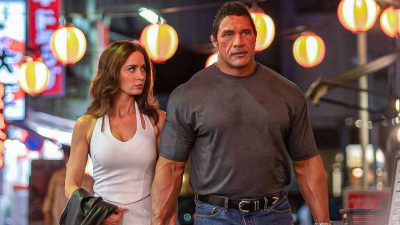
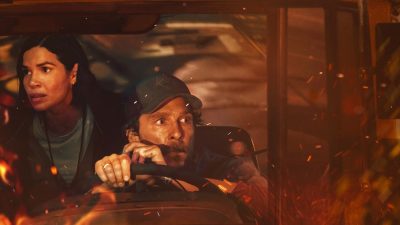
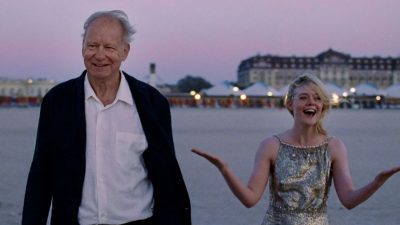

















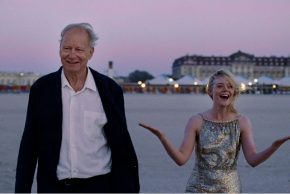
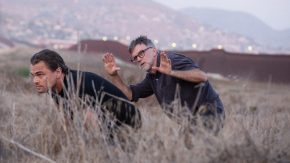
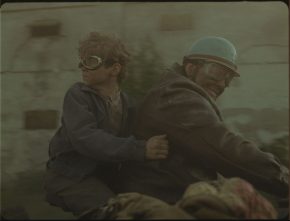
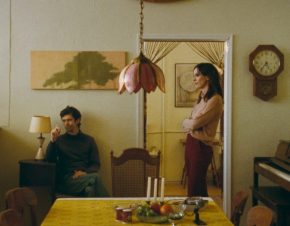
Comments